Who We Are
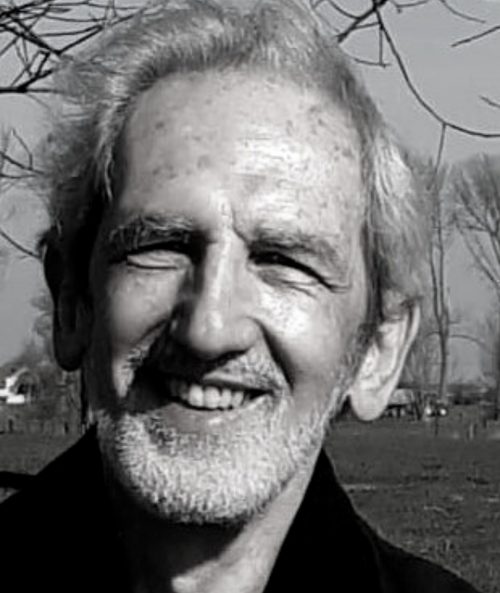

Antoon de Baets
Chair
Antoon De Baets is professor of History, Ethics and Human Rights by Special Appointment of the Foundation Euroclio at the University of Groningen, the Netherlands. He is the author of more than 200 publications, mainly on the censorship of history and the history of human rights.
Antoon De Baets is professor of History, Ethics and Human Rights by Special Appointment of the Foundation Euroclio at the University of Groningen, the Netherlands. He is the author of more than 200 publications, mainly on the censorship of history and the history of human rights.
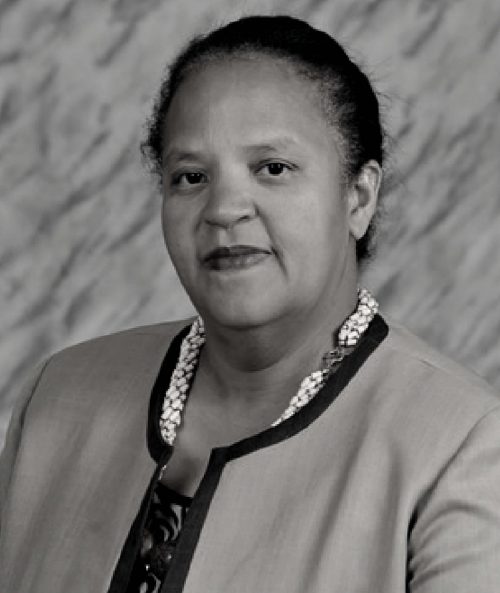

Alissandra Cummins
Ms. Cummins currently serves as President of the International Coalition of Sites of Conscience. She has previously served as Editor in Chief, International Journal of Intangible Heritage; UWI Principal Investigator, and as Member- Advisory Board, International Network of the Slave Route Project.
Ms. Cummins currently serves as President of the International Coalition of Sites of Conscience. She has previously served as Editor in Chief, International Journal of Intangible Heritage; UWI Principal Investigator, and as Member- Advisory Board, International Network of the Slave Route Project.
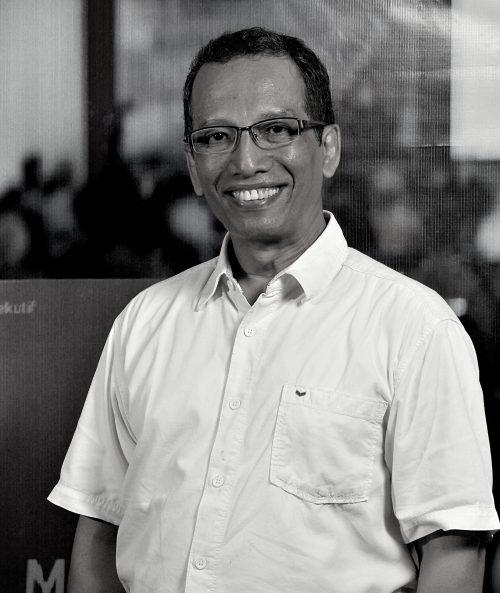

Baskara Wardaya
Baskara T. Wardaya is a tenured lecturer of history at Sanata Dharma University, Yogyakarta, Indonesia. He holds a Master’s degree and a PhD degree in History from Marquette University, Milwaukee, Wisconsin, USA.
Baskara T. Wardaya is a tenured lecturer of history at Sanata Dharma University, Yogyakarta, Indonesia. He holds a Master’s degree and a PhD degree in History from Marquette University, Milwaukee, Wisconsin, USA.
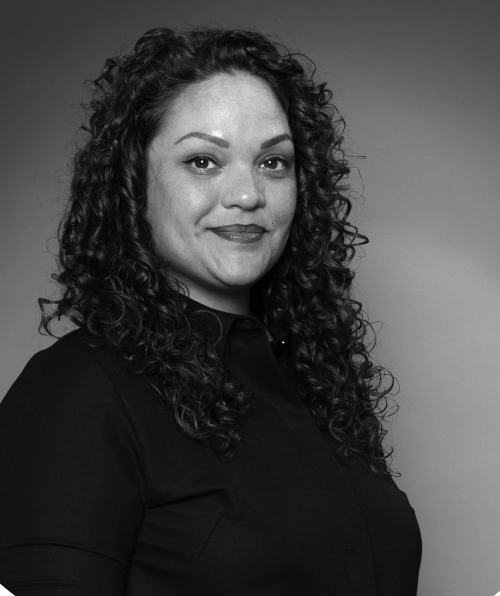

Britt-Marie van der Drift
Britt-Marie van der Drift is an advisor and educator, specialized in trans-Atlantic slavery history and colonialism. Currently she holds a position at the National institute for Dutch slavery history and its legacy (NiNsee). In her work she focusses on stories of resistance, subcultures, museums and dissonant heritage. In addition, she works as a lecturer Cultural Heritage at the Reinwardt Academy, Amsterdam University of the Arts.
Britt-Marie van der Drift is an advisor and educator, specialized in trans-Atlantic slavery history and colonialism. Currently she holds a position at the National institute for Dutch slavery history and its legacy (NiNsee). In her work she focusses on stories of resistance, subcultures, museums and dissonant heritage. In addition, she works as a lecturer Cultural Heritage at the Reinwardt Academy, Amsterdam University of the Arts.
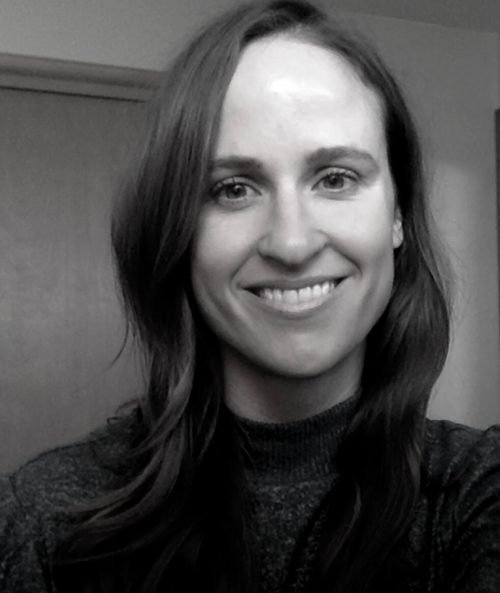

Cheryl Jiménez Frei
Dr. Cheryl Jiménez Frei is an Assistant Professor of History and co-director of the Public History Program at the University of Wisconsin-Eau Claire. Her research specializations are in memory and the built environment, Argentina and the Southern Cone, monuments, visual culture, oral history, and digital history.
Dr. Cheryl Jiménez Frei is an Assistant Professor of History and co-director of the Public History Program at the University of Wisconsin-Eau Claire. Her research specializations are in memory and the built environment, Argentina and the Southern Cone, monuments, visual culture, oral history, and digital history.
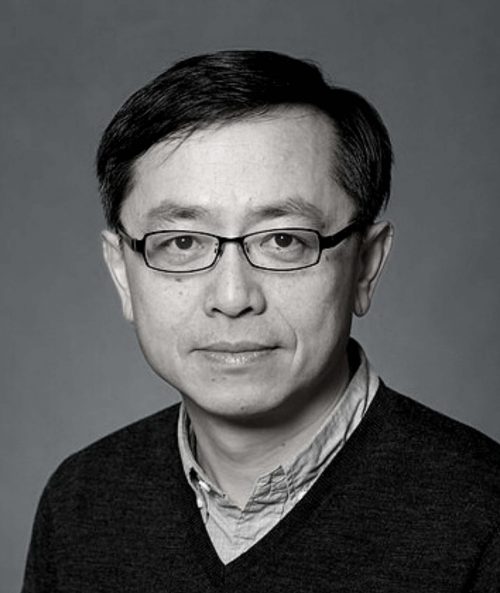

Daqing Yang
Daqing Yang is an Associate Professor of History and International Affairs at the George Washington University in the USA. A native of China, he received his Ph.D. from Harvard University, where he specialized in the history of modern Japan.
Daqing Yang is an Associate Professor of History and International Affairs at the George Washington University in the USA. A native of China, he received his Ph.D. from Harvard University, where he specialized in the history of modern Japan.
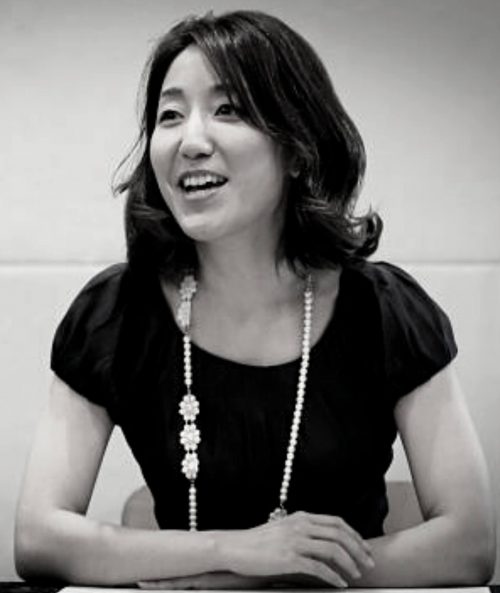

Emilia Heo
Emilia S. Heo is an associate professor of international relations at Ritsumeikan Asia Pacific University, Japan and the author of Reconciling Enemy States in Europe and Asia. She is interested in postwar narratives to discover how youth interact with each other in multinational university classrooms.
Emilia S. Heo is an associate professor of international relations at Ritsumeikan Asia Pacific University, Japan and the author of Reconciling Enemy States in Europe and Asia. She is interested in postwar narratives to discover how youth interact with each other in multinational university classrooms.
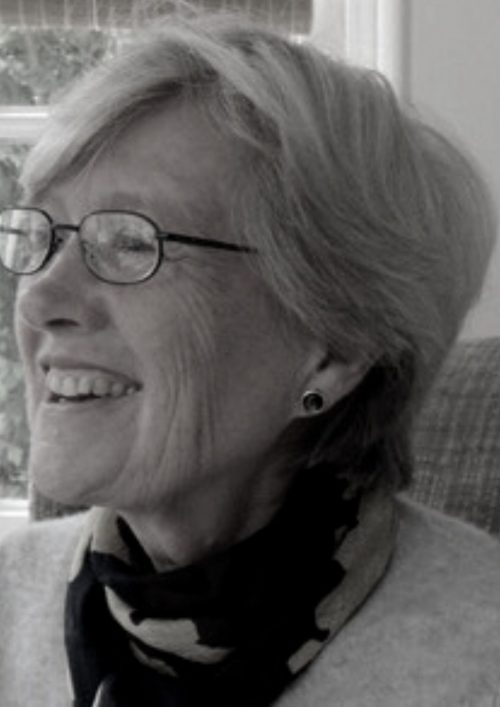

Jill Pellew
Dr Jill Pellew is a Fellow of the Royal Historical Society and currently a Senior Fellow at the Institute of Historical Research, University of London. Her field of study has been the 19th/early 20th-century comparative history of institutions – primarily government and universities.
Dr Jill Pellew is a Fellow of the Royal Historical Society and currently a Senior Fellow at the Institute of Historical Research, University of London. Her field of study has been the 19th/early 20th-century comparative history of institutions – primarily government and universities.
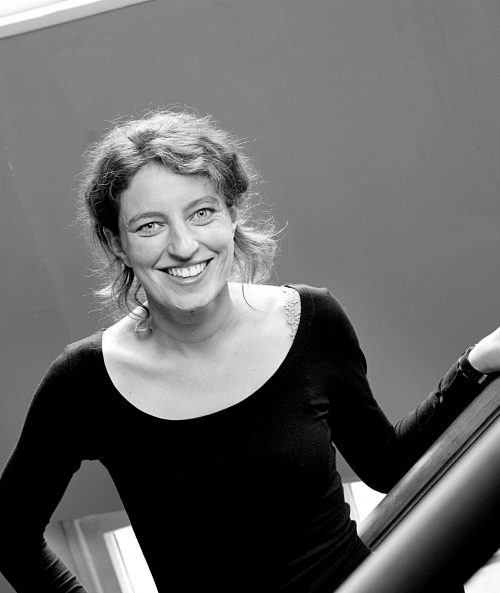

Marije Hrivstova
Marije Hristova is Assistant Professor of Hispanic Studies at Radboud University. Previously she was a Marie Skłodowska-Curie Cofund fellow at the University of Warwick and a postdoctoral researcher at the Spanish National Research Council (CSIC) in Madrid. In 2019 she was co-organizer of the Conference of the Memory Studies Association in Madrid.
Marije Hristova is Assistant Professor of Hispanic Studies at Radboud University. Previously she was a Marie Skłodowska-Curie Cofund fellow at the University of Warwick and a postdoctoral researcher at the Spanish National Research Council (CSIC) in Madrid. In 2019 she was co-organizer of the Conference of the Memory Studies Association in Madrid.
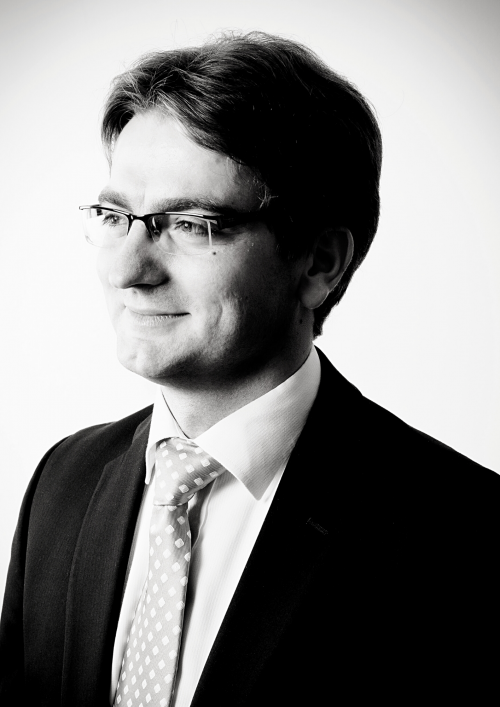

Markus J. Prutsch
Markus J. Prutsch is a senior investigator and administrator at the European Parliament, and Associate Professor of Modern and Contemporary History at Heidelberg University, Germany. He has a PhD from the European University Institute in Florence and is a fellow of both the Global Young Academy and the Heidelberg Academy of Sciences and Humanities
Markus J. Prutsch is a senior investigator and administrator at the European Parliament, and Associate Professor of Modern and Contemporary History at Heidelberg University, Germany. He has a PhD from the European University Institute in Florence and is a fellow of both the Global Young Academy and the Heidelberg Academy of Sciences and Humanities
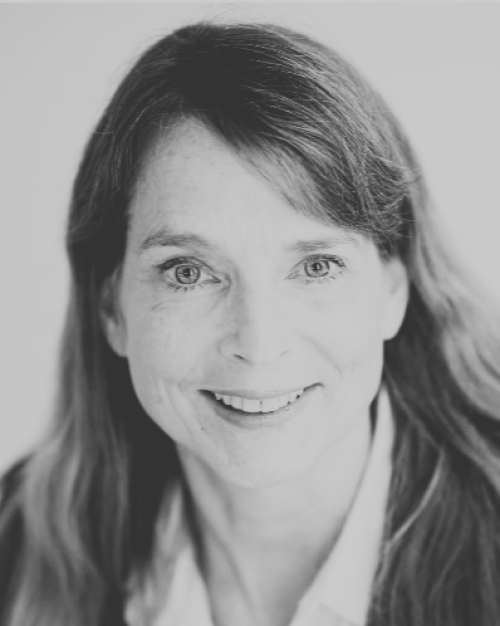

Monique VanLandingham
Senior Advisor for the IHJR Contested Histories Project with extensive experience in the public, private and nonprofit sectors. Monique served in several senior capacities at the U.S. National Parks Service, including national manager for public-private partnerships and legislative affairs specialist. Previously, she managed stakeholder outreach and engagement for the U.S. Board on Geographic names, served as a legislative aide in the U.S. House of Representatives and the Senate, and was an editor at the Salzburg Global Seminar.
Senior Advisor for the IHJR Contested Histories Project with extensive experience in the public, private and nonprofit sectors. Monique served in several senior capacities at the U.S. National Parks Service, including national manager for public-private partnerships and legislative affairs specialist. Previously, she managed stakeholder outreach and engagement for the U.S. Board on Geographic names, served as a legislative aide in the U.S. House of Representatives and the Senate, and was an editor at the Salzburg Global Seminar.
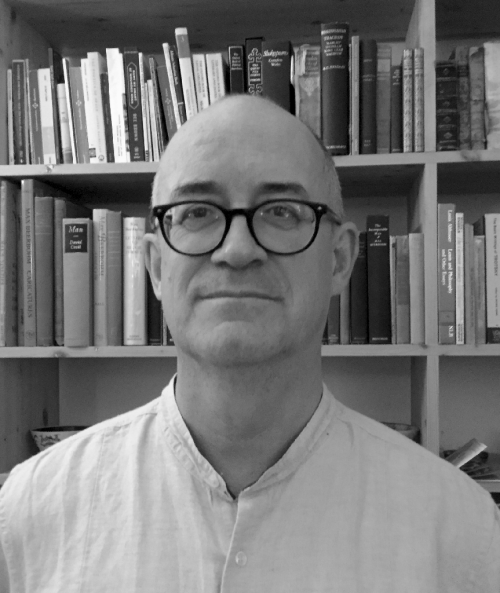

Patrick Leech
Patrick Leech is Full Professor of English Language and Culture at the University of Bologna. He works with ATRIUM (Architecture of Totalitarian Regimes in Europe’s Urban Memory), a cultural route certified by the Council of Europe and is member of the steering committee for Cultural Heritage for the University of Bologna in the European university consortium UNA Europa.
Patrick Leech is Full Professor of English Language and Culture at the University of Bologna. He works with ATRIUM (Architecture of Totalitarian Regimes in Europe’s Urban Memory), a cultural route certified by the Council of Europe and is member of the steering committee for Cultural Heritage for the University of Bologna in the European university consortium UNA Europa.
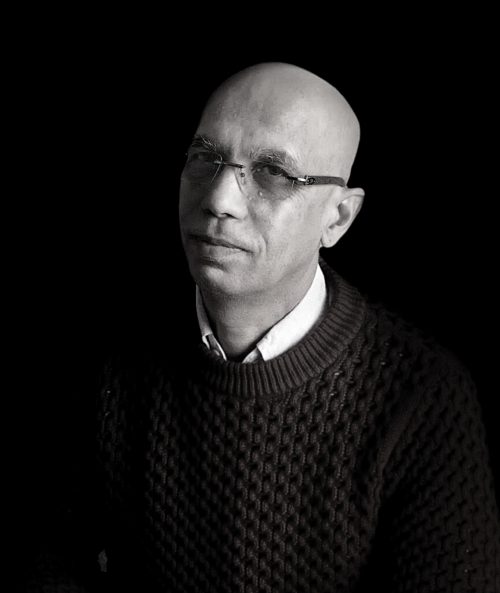

Shahid Vawda
Shahid Vawda currently holds the Archie Mafeje Chair in Critical Humanities and the directorship of the School of African and Gender Studies, Anthropology and Linguistics. He graduated from the universities of Durban-Westville (BA), Queens (Belfast)(MA) and KwaZulu-Natal (PhD).
Shahid Vawda currently holds the Archie Mafeje Chair in Critical Humanities and the directorship of the School of African and Gender Studies, Anthropology and Linguistics. He graduated from the universities of Durban-Westville (BA), Queens (Belfast)(MA) and KwaZulu-Natal (PhD).
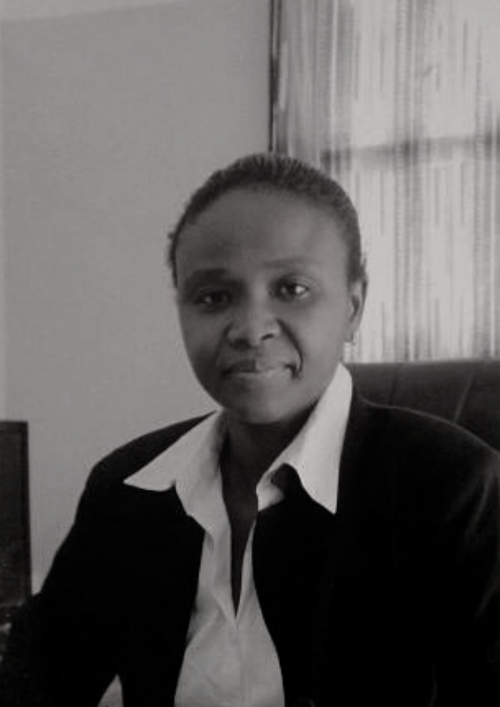

Sokhna Sané
Dr Sokhna Sané is a native of Senegal. She is an Associate Professor of History at Cheikh Anta Diop University of Dakar. Her research specializations are Military history, Environmental history and Historical memory in French West Africa.
Dr Sokhna Sané is a native of Senegal. She is an Associate Professor of History at Cheikh Anta Diop University of Dakar. Her research specializations are Military history, Environmental history and Historical memory in French West Africa.
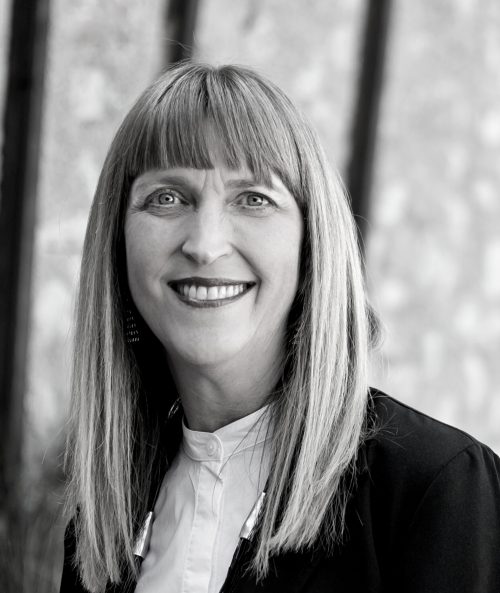

Tali Nates
Tali Nates is the founder and director of the Johannesburg Holocaust & Genocide Centre and chair of the South African Holocaust & Genocide Foundation. She is a historian who lectures internationally on Holocaust education, genocide prevention, reconciliation and human rights.
Tali Nates is the founder and director of the Johannesburg Holocaust & Genocide Centre and chair of the South African Holocaust & Genocide Foundation. She is a historian who lectures internationally on Holocaust education, genocide prevention, reconciliation and human rights.
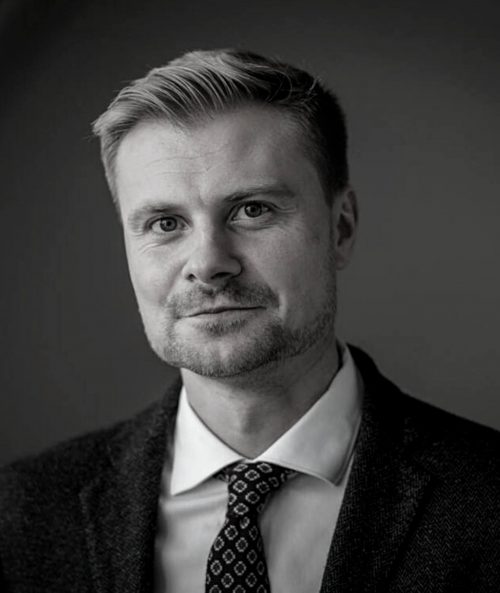

Uladzislau Belavusau
Dr. Ulad Belavusau is Senior Researcher in European Law at the T.M.C. Asser Institute (the Hague) – University of Amsterdam (the Netherlands). He holds a Ph.D. from the European University Institute (Florence, Italy) and an LL.M. from the Collège d’Europe (Bruges, Belgium).
Dr. Ulad Belavusau is Senior Researcher in European Law at the T.M.C. Asser Institute (the Hague) – University of Amsterdam (the Netherlands). He holds a Ph.D. from the European University Institute (Florence, Italy) and an LL.M. from the Collège d’Europe (Bruges, Belgium).
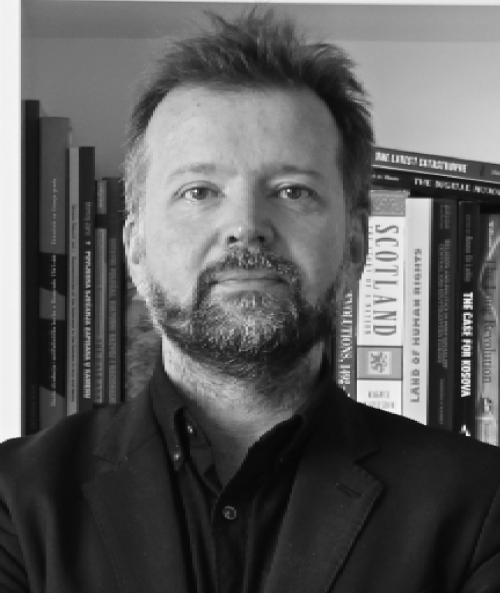

Vjeran Pavlakovic
Vjeran Pavlaković is associate professor, Department of Cultural Studies at the University of Rijeka, Croatia. His expertise is in cultural memory, transitional justice in the former Yugoslavia, and the Spanish Civil War. He co-edited the volume Framing the Nation and Collective Identity in Croatia (Routledge, 2019), and is a co-founder of the Cres Summer School on Transitional Justice and Memory Politics.
Vjeran Pavlaković is associate professor, Department of Cultural Studies at the University of Rijeka, Croatia. His expertise is in cultural memory, transitional justice in the former Yugoslavia, and the Spanish Civil War. He co-edited the volume Framing the Nation and Collective Identity in Croatia (Routledge, 2019), and is a co-founder of the Cres Summer School on Transitional Justice and Memory Politics.
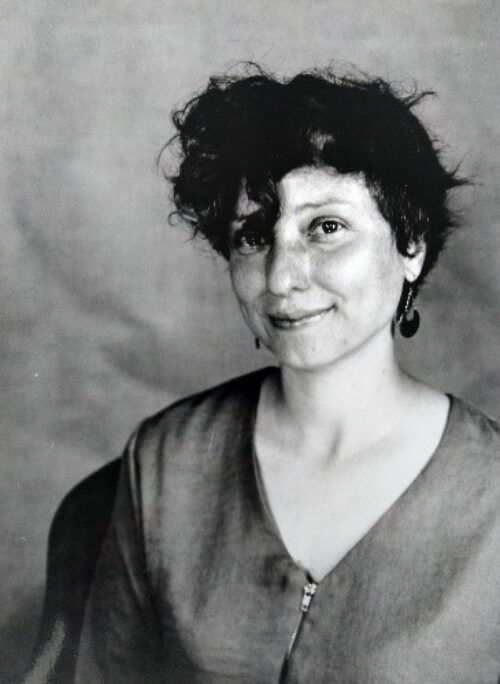

Julie Marquet
Julie Marquet is a lecturer in contemporary history at the Université du Littoral Côte d’Opale in France and one of the Pis of Cast in Stone, a project documenting contested colonial statues in France and England. She is interested in the social history of colonization and in the memories of colonization.
Julie Marquet is a lecturer in contemporary history at the Université du Littoral Côte d’Opale in France and one of the Pis of Cast in Stone, a project documenting contested colonial statues in France and England. She is interested in the social history of colonization and in the memories of colonization.
